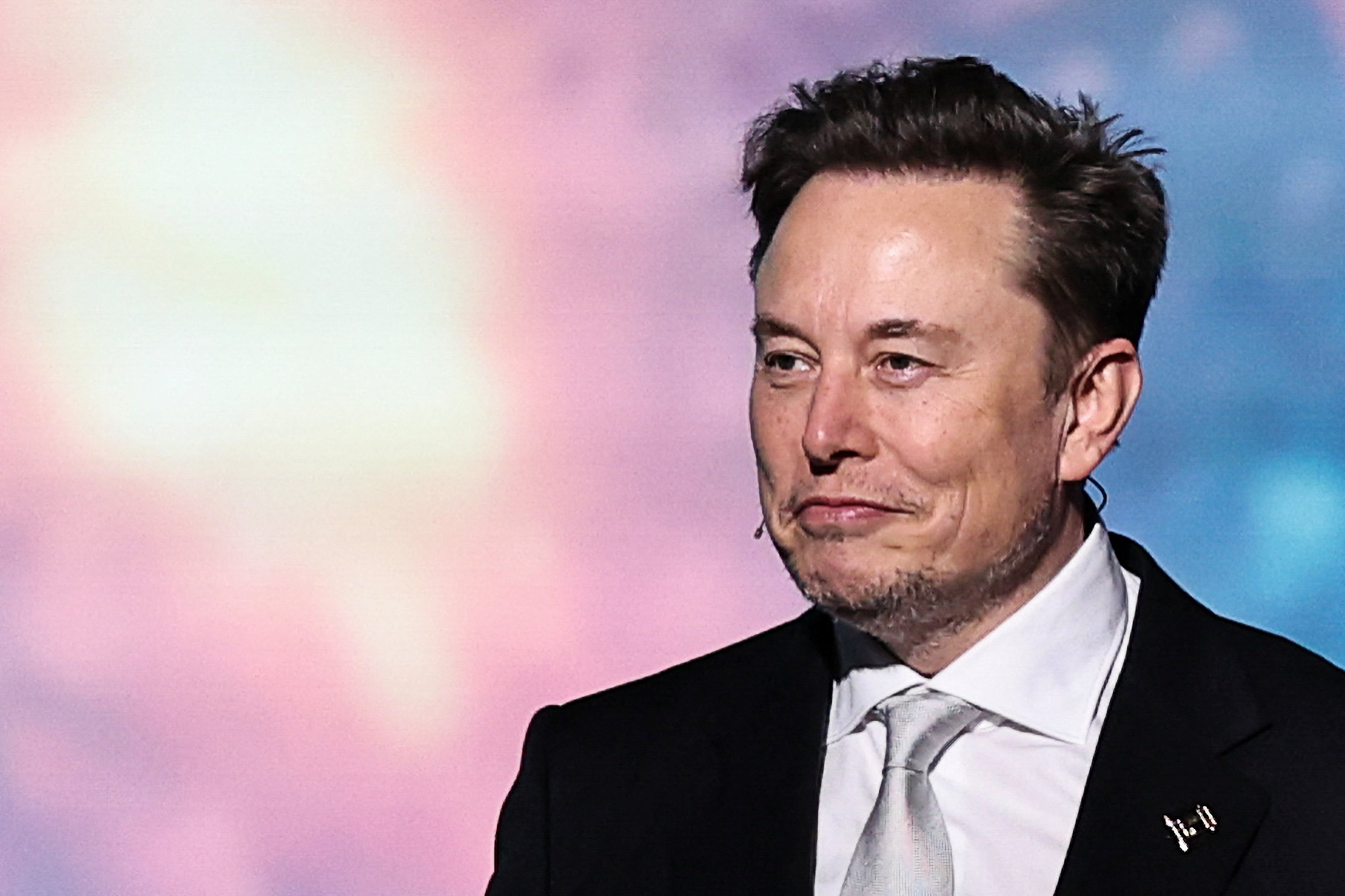ARTICLE AD BOX
High-ranking members of designated terrorist groups in the U.S. are among those who pay Elon Musk for X subscriptions, a study has found.
Included in the group are an Al-Qaeda advisor, one of the founders of Hezbollah, the leader of a militia group in Iraq known to attack American troops, and a top official with the Houthi rebels, according to the investigation by the Tech Transparency Project.
The Treasury Department’s Office of Foreign Assets Control (OFAC) enforces regulations that forbid American companies from taking part in transactions with people or entities the U.S. government has sanctioned unless licensed or authorized by the government. X’s policies say that its premium benefits cannot be used by users who are under OFAC sanctions.
However, the Tech Transparency Project found several terrorists and others under sanctions who have premium blue checkmark accounts on X. A number of these accounts also had a badge stating that they had been “ID verified,” which means that X has confirmed their identity after they sent in a government-issued ID and a selfie to the social media platform. Multiple users used money-generating features put forward by X, such as a button to receive tips.
In February last year, the Tech Transparency Project initially raised questions regarding sanctioned groups' use of premium services on X. Just hours after the initial report was released, X removed checkmarks from all the accounts cited in the report and subsequently suspended many of those accounts.
The X Safety account said in a post the same day, directly responding to the report, that the platform “has a robust and secure approach in place for our monetization features, adhering to legal obligations, along with independent screening by our payments providers.”

“Several of the accounts listed in the Tech Transparency Report are not directly named on sanction lists, while some others may have visible account check marks without receiving any services that would be subject to sanctions,” they added. “Our teams have reviewed the report and will take action if necessary. We’re always committed to ensuring that we maintain a safe, secure and compliant platform.”
Even so, the new investigation conducted between November 2024 and April 2025 by the Tech Transparency Project found many checkmarks on accounts seemingly held by individuals sanctioned by the U.S. Several appeared to have resubscribed to premium services or created new accounts.
The platform, formerly known as Twitter, previously distributed checkmarks to verify notable figures; however, after Musk took over the company, he made it a paid product and encouraged users to buy a premium subscription to access such services.
X’s transactions with people sanctioned by the U.S. government come as Musk has been leading President Donald Trump’s Department of Government Efficiency to slash the federal workforce. Musk, who has since stepped back from the day-to-day running of DOGE, criticised the Treasury Department in February for not having “basic controls” to track payments and to make sure they don’t end up in the hands of terrorists and other recipients the payments weren’t intended for.
Musk said that such controls are used by “any company” as he appeared alongside Trump in the Oval Office.
X’s rules state that users must be subscribed to X Premium or Premium+ to get a blue checkmark. At $8 per month or $84 per year, X Premium is significantly cheaper than Premium+, which costs $40 per month or $395 per year.
To become a verified organization, you can either choose the Basic option for $200 per month or $2,000 per year, or the Full Access option for $1,000 per month or $10,000 per year.
X states that premium accounts can get a checkmark “after a review to ensure subscribed accounts meet all eligibility criteria.” However, the platform does clarify that users under U.S. sanctions, including OFAC sanctions, cannot use the premium service.
Subscribers to the premium service can edit posts, post longer texts, and create “communities” focused on specific issues. Premium users can also earn a portion of ad revenue and charge subscription fees.
The Independent has contacted X for comment.









 English (US) ·
English (US) ·